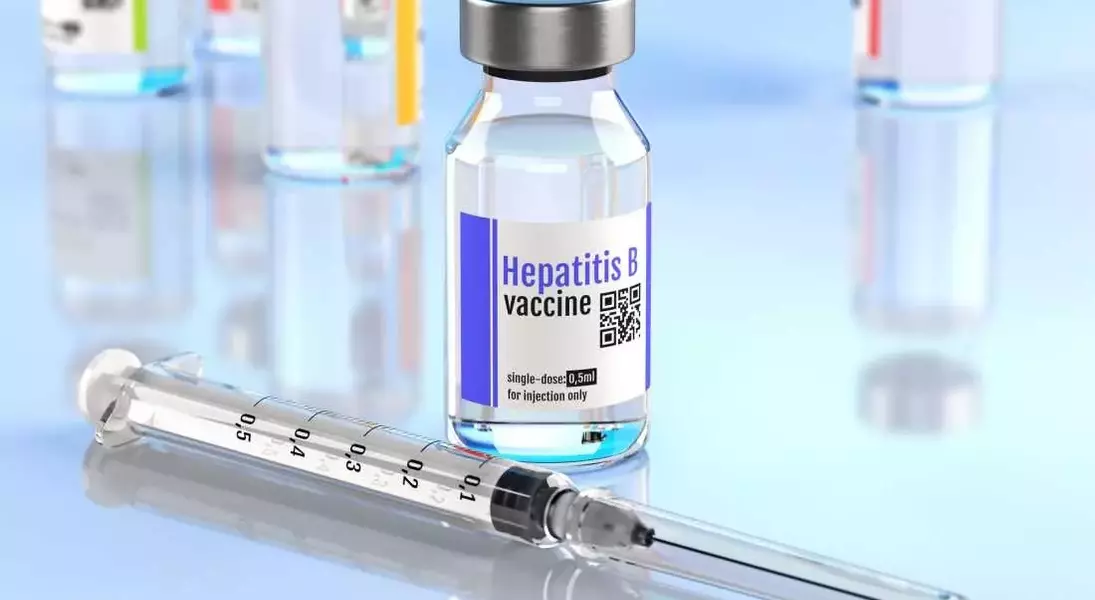
A recent statement by former President Trump regarding the hepatitis B vaccine for infants has ignited a significant debate within the medical community. Trump suggested that parents should postpone vaccinating newborns against hepatitis B until they reach 12 years of age. However, leading pediatricians and infectious disease specialists have vehemently rejected this advice, labeling it as both dangerous and irresponsible. They stress that such a delay could expose vulnerable infants to a severe, incurable liver disease, underscoring the critical importance of timely vaccination in protecting public health.
Hepatitis B is a viral infection that primarily targets the liver, and currently, there is no known cure. Chronic infection, particularly when acquired during infancy, dramatically increases the risk of developing serious health complications such as liver cancer, cirrhosis, and even premature death. Medical experts, including Dr. Andrew Pavia, a distinguished professor of pediatrics and medicine, have highlighted that approximately 25% of children who contract chronic hepatitis B will succumb to the infection, reinforcing the dire consequences of early exposure.
Before the widespread implementation of universal newborn vaccination in the United States in 1991, an alarming 18,000 children annually were infected with hepatitis B before their tenth birthday. A substantial portion of these cases resulted from mother-to-child transmission, making immediate post-birth vaccination a crucial intervention to halt the virus's progression. The remaining infections stemmed from various environmental exposures, demonstrating the pervasive nature of the virus beyond commonly perceived transmission routes.
Despite former President Trump's assertion that hepatitis B is exclusively sexually transmitted, medical professionals emphasize that the virus spreads through various bodily fluids, including blood and saliva, and can survive on surfaces for up to a week. This means that seemingly innocuous objects and environments, such as shared toothbrushes, razors, or even daycare facilities, can become potential sources of infection for infants and young children. Dr. Anita Patel, a pediatrician and critical care physician, points out that individuals often carry the virus unknowingly, making accidental transmission through minor cuts or skin abrasions a significant concern for unvaccinated infants.
The effectiveness of universal vaccination programs is clearly demonstrated by historical data. Dr. Su Wang, an internist and hepatitis researcher, shared her personal experience, suspecting she contracted hepatitis B as an infant from her grandparents, who were likely exposed through their medical professions in Taiwan. Taiwan's successful national vaccination program, initiated in the 1980s, drastically reduced infection rates. Similarly, in the U.S., the routine vaccination of newborns has led to a remarkable 99% decline in hepatitis B cases among individuals aged 19 and younger, illustrating the profound protective impact of this public health initiative.
The consensus among medical authorities is clear: delaying the hepatitis B vaccine for newborns is a perilous recommendation that undermines decades of public health progress. The early administration of the vaccine provides a robust and comprehensive shield, safeguarding an entire generation of children from a potentially fatal disease and preventing widespread transmission within communities. Adhering to established vaccination schedules is paramount to maintaining the health and safety of the youngest members of society.
